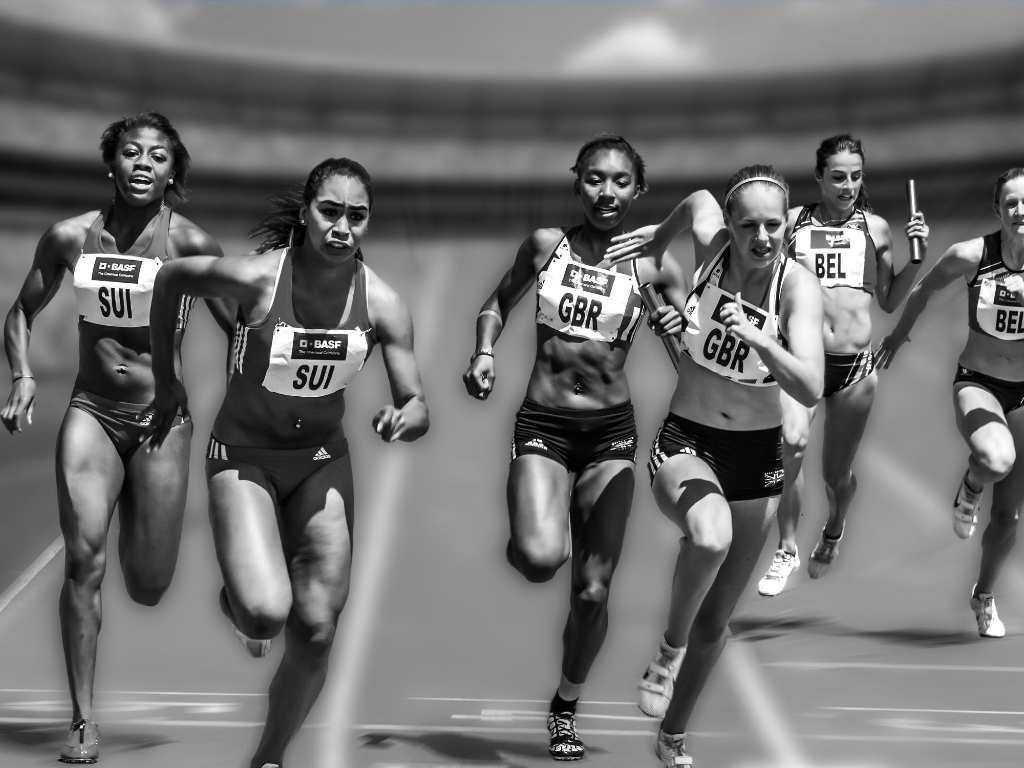Athletes Evolution
Human athletic paleobiology is a field of study that uses trained athletes to investigate human bodily adaptations. These studies concentrate on metabolism and peak physical performance, limb biomechanics, psychology such as a winner’s mentality, and other aspects of human anatomy and physiology to gain an understanding of the types of activities that people may have been capable of performing in the past.
Since the beginning of time, our species has changed. Some changes were global, while others were more regional. Changes in global populations include a drop in overall body size and brain size and a reduction in jaw and tooth proportions. Regional communities have acquired distinct physical and genetic traits in reaction to various temperatures and lifestyles.
At the next Olympic Games, athletes will undoubtedly shatter numerous records. But why is there such a massive performance gap now versus 40 years ago? The world-record marathon pace for both men and women continues to increase. For men, the marathon record speed is now almost equivalent to the 10,000-meter run record set just after World War II. Today's best athletes can run more than four times as far in less than five minutes per mile. We wonder if humans are constructed better or if there is anything else at work behind the mind-boggling speeds on the athletics track.
Geneticists have determined the particular gene combinations required to make a world-class athlete. For example, 23 known genetic variations favor endurance performance, with the chance of one person having all of them being 0.0005%. With an expanding global population, the chances of becoming a world-class athlete improve.
Talent identification programs ensure that promising young athletes are identified and get top-tier instruction at a young age. These athletes are frequently chosen based on numerous physical characteristics and may have never run competitively. Athletics is also receiving increased media attention, which means that more people are likely to take up the sport. Today, Gold medalists earn significant sums of money from endorsements and prize money, enhancing the attractiveness of individuals from developing countries. This begs the question: Are there more athletes out there today, so we constantly see records topple?
Technology has made it possible for athletes to communicate with people worldwide. It enables us to engage in virtual activities, communicate thoughts and ideas, and come together via shared hobbies and sports. We have fast access to YouTube videos, social media sites, and many interaction techniques. However, with more knowledge comes more distractions. Spending time online may cause athletes to spend less time outside, ‘free play' in the garden, or even converse face-to-face. However, although there are some negative aspects of technology, the consensus is that technology helps athletes. So, are these individuals simply better equipped today than they were years ago? Is that why we constantly see times and distances improved upon year on year?
Another thing to factor in is the environment. Usain Bolt ran on an artificial carpet, while Jesse Owens ran on a soft surface made of wood ash. In addition, Jesse Owens had to dig little holes at the start of the race, whereas Usain Bolt had starting blocks. Both of these would have significantly disadvantaged Jesse Owens. Based on these differences, Owens would have been within a step of Bolt instead of 14 feet behind him when we look at their finishing times.
Here’s another example. The 100m freestyle records have also been lowering over time. Still, the abrupt drops may be directly attributed to the introduction of flip turns, gutters surrounding the pool that absorb ripples, and the adoption of full-body swimsuits. So, is it a simple case that the environment in which athletes compete today is better than that of the athletes of the past? Is that why the modern-day athlete appears far so superior?
We come to the conclusion of the piece, and by now, you probably think that all we have done is ask more questions rather than answer them. Questions like, are athletes better now because there are more of them? Or are athletes better today because of technology and the equipment they use? Or lastly, are athletes better in the modern era because of the environment they compete in? I guess that it is a combination of all of these factors which constantly sees records being smashed year upon year.









